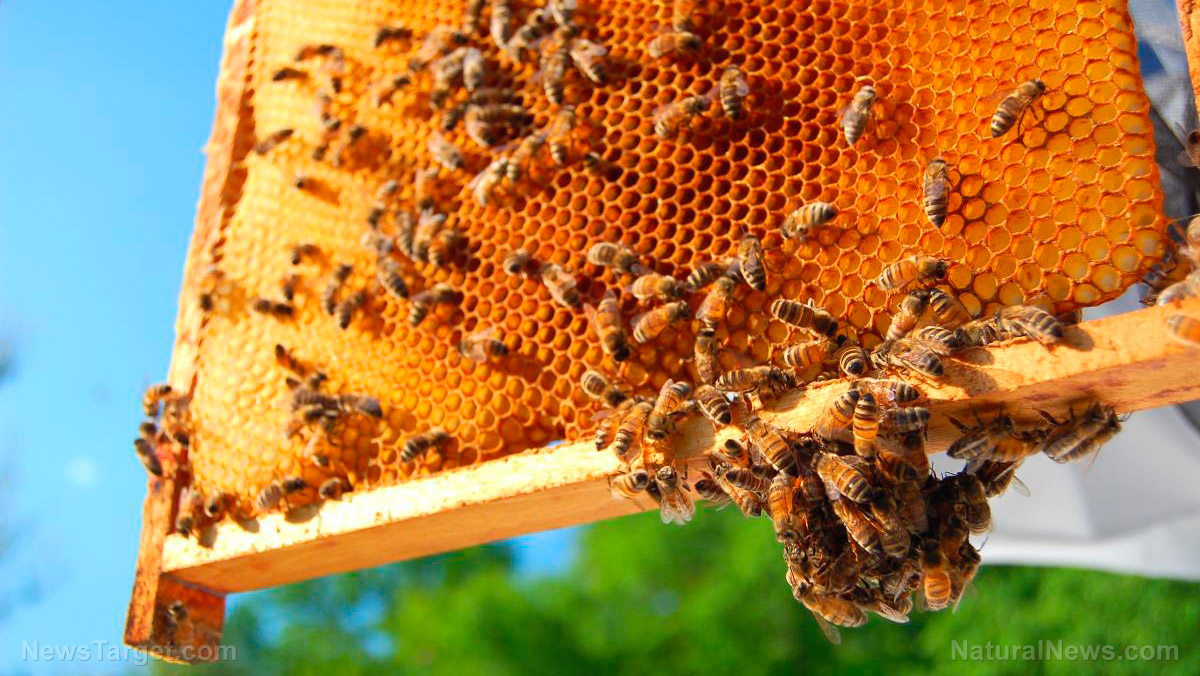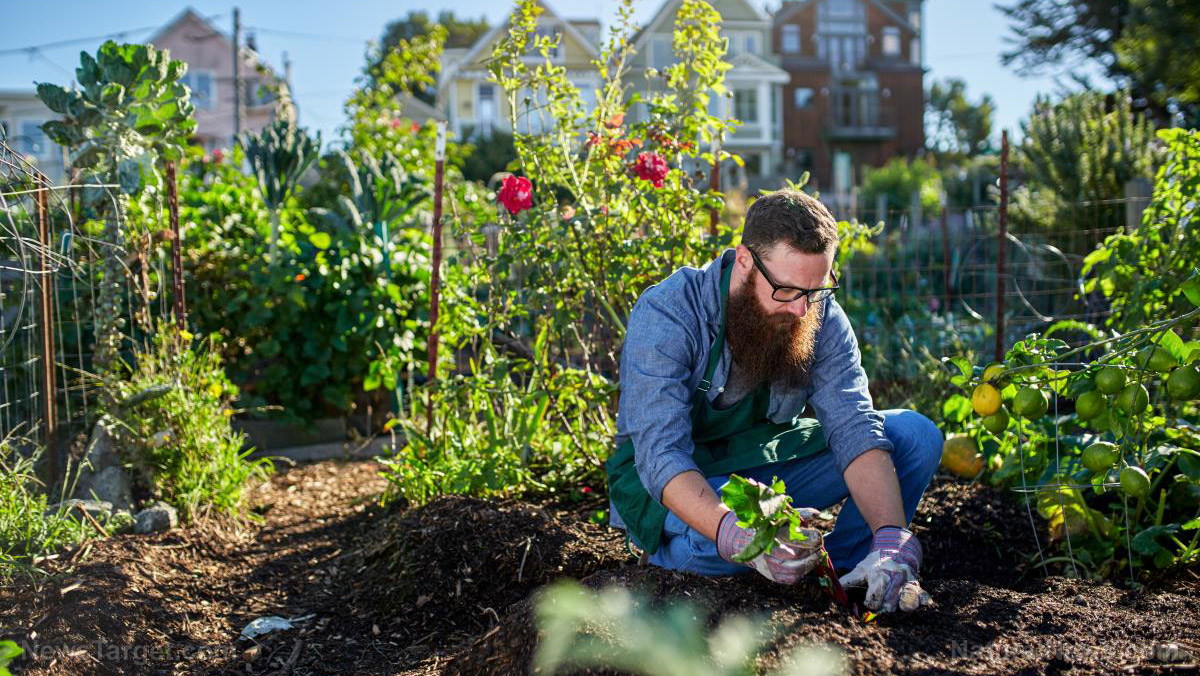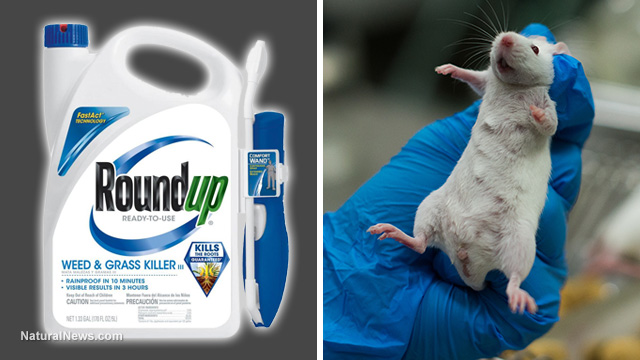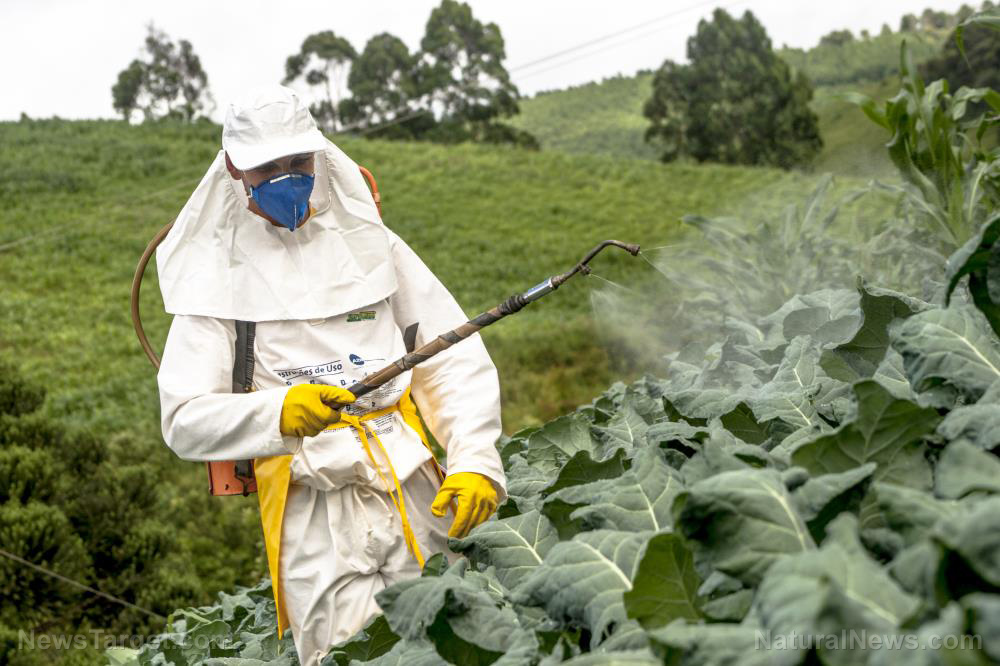Women exposed to herbicide more likely to have SHORTER pregnancies and babies with lifelong medical conditions
04/10/2018 / By Isabelle Z.

Everyone suffers when they are exposed to herbicides, but some groups are certainly more vulnerable than others. According to a new study of pregnant women who live in the Corn Belt of Indiana, women who have high levels of glyphosate are more likely to have shorter pregnancies.
Glyphosate is the active ingredient found in the world’s most widely used weed killer, Roundup by Monsanto, as well as many others. This toxic chemical has been getting a lot of headlines lately for its link to serious health problems like birth defects, DNA damage, cancer, reproductive problems, and endocrine disruption.
The new study, which was published in Environmental Health, is the first one that specifically looks at the effect of glyphosate exposure on pregnancy length. The researchers looked at 71 pregnant women living in Central Indiana. More than 90 percent of those studied had glyphosate in their urine, and those with higher levels were found to be more likely to have shorter pregnancies.
Specifically, the researchers found that the overall average gestational age for the 71 births among the study group was 274 days; the average length of a typical human gestation is around 280 days.
Food and air most likely sources of glyphosate exposure
The researchers believe that the women could have been exposed to glyphosate by breathing in contaminated air or dust. Tests of the women’s drinking water did not reveal any detectable glyphosate levels. They did find, however, that those living in rural areas had significantly higher levels, suggesting inhalation as an exposure pathway.
Because none of the women in the study worked in agriculture, Lead Author Shahid Parvez believes exposure from food could be the most likely culprit.
“The bad news is that the dietary intake of genetically modified food items and caffeinated beverages is suspected to be the main source of glyphosate intake,” he said.
He added that this means that the problem isn’t just confined to the area studied; instead, it’s a national or even a global issue. He pointed out that a survey of the women indicated eating organic as a way to curb their glyphosate levels.
Monsanto currently finds itself at the center of a class action lawsuit filed by cancer patients, and the safety of glyphosate is coming under increased scrutiny as more information about its dangers comes to light. Its effects on human pregnancies, however, are still not fully known. Parvez believes that glyphosate could cause oxidative stress among pregnant women and this is what causes the shorter pregnancies.
Women should do all they can to avoid pesticide exposure during pregnancy
Roundup in particular is believed to be more dangerous than glyphosate on its own, which is bad news considering the fact that 300 million pounds of it are applied every year just in the U.S. on soybean and corn crops as well as others. That’s because the other compounds found in the product can also affect pregnant women. One of the inert chemicals has been linked to reproductive problems, and it can also affect embryonic development. For example, glyphosate exposure early in gestation has been shown to adversely affect embryonic development during the sexual differentiation stage.
This is an issue that all pregnant women who live in the vicinity of crops sprayed with glyphosate – not just those in the Corn Belt – need to be aware of, along with those who consume produce that is not organic. Exposure to glyphosate is shortening pregnancies and setting children up for a life full of challenges, so avoiding it at all costs is essential for women who want to have healthy babies.
Sources for this article include:
Tagged Under:



















